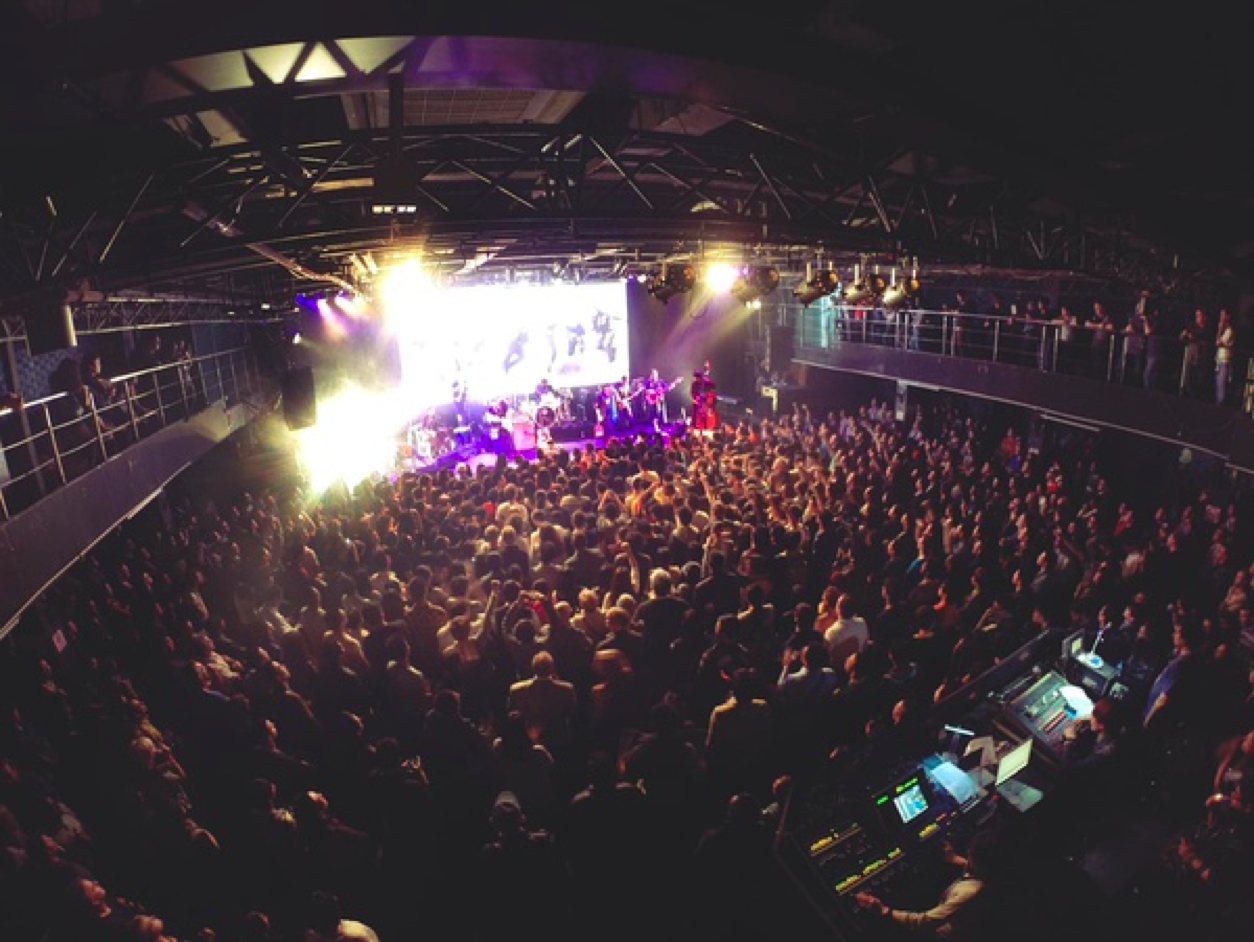
The Chinese music industry has changed drastically over the past few years. Its recording market had grown rapidly from 14th place globally in 2015 to the 7th in 2019. The rise of the urban middle class and the increasing desire for music have together advanced the Chinese live music industry. Unsurprisingly, just as with the music industry in the rest of the world, live music is the most lucrative sector. Live concerts comprise over half of the total music industry revenue in China. In 2018, the box office income reached 6.818 billion RMB, marking a record high.
Yet amid the threat of the coronavirus, 2020 has been a disaster for the live music industry. According to a count by China Association of Performing Arts, over 8,000 shows were either cancelled or postponed across over 20 provinces due to stay-at-home orders, causing a direct loss of more than 100 million RMB in March.

Although China seems to have flattened the curve and people’s lives have been slowly resuming, the live music industry still has a long way to go. In mid-March, local governments in cities like Nanjing and Changsha permitted entertainment facilities such as bars, movie theaters and karaoke venues to reopen. Nonetheless, such announcements were soon replaced by another order: on April 9, the State Council advised all enclosed entertainment and leisure venues to be closed. Those that opened in late March had to shut down again.
 Outdoor Real-Scene Musical Extravaganzas “Impression Sanjie Liu”
Outdoor Real-Scene Musical Extravaganzas “Impression Sanjie Liu”
And yet, the situation seems to have improved in the last two weeks depending on areas and venue capacities. While grand halls such as the National Centre for the Performing Arts, Xinghai Concert Hall, and Xi’an Concert Hall continue to cancel their May performances, a few smaller independent venues such as Mao Livehouse Hangzhou and Nuts Live House either have already reopened or have started to sell tickets for May. Some outdoor real-scene musical extravaganzas like “Impression Sanjie Liu” (《印象刘三姐》Yìnxiàng Liú Sānjiě) and “The Song of Everlasting Sorrow” (《长恨歌 》Chǎng hèn gē) are returning this week. But the reopening of the majority of indoor performance venues is still up in the air. What should venues do to prevent the spread of infection besides cleaning more often and checking audience members for COVID-19 before they go in? Will there be an influx of sales as people are dying for social interaction after staying indoors for months? Or will people be scared of hanging out in crowded spaces?
To support the entertainment business, both the central and local governments have issued orders providing financial support. The Ministry of Culture and Tourism reached an agreement with ICBC on March 26 to provide a 100 billion (RMB) line of credit to both the cultural and tourism industry. Local governments have reduced utility costs and taxes, as well as partially refunded unemployment insurance and social insurance fee for qualified companies.
Despite all the outside support, music companies have to be proactive as well. While cancelling future engagements, music venues have to maintain their relevance to the fans and try their best to stay in business. Many venues have turned to live streaming for solutions. Thanks to media platforms such as Douyin (aka TikTok) and Bilibili, and the younger generations’ familiarity with live streaming, venues can reach their audiences through new technology.
 DOULive
DOULive
Mao Livehouse, a well-respected Chinese venue chain for independent music, partnered with Douyin’s “DOULive” branch, to put on an online live show on March 28 and 29 with musicians such as Second Hand Rose, Penicillin, and Vinida. The fresh format attracted more than three million views throughout the two days. Fans can comment directly on musicians’ streams, and famous Douyin streamers also participated through 连麦 (Lián Maī), a trendy feature developed by live streaming platforms that allows streamers to appear on other streamers’ interfaces.

However, even though live streaming has the potential to attract sponsors and tips from fans, the monetization model has yet to be figured out. It is still impossible to name live streaming as the ultimate lifesaver of the live music industry. The revenues music venues received online can hardly compare to what they would normally receive from the box office. Still, for music venues to survive, every penny counts. As a result, besides live streaming, Mao Livehouse Guangzhou has even opened its door for space rental at a heavily discounted rate, targeting amateurs and up-and-coming bands – not for performance with guests, but for rehearsal and music video filming.
They are not the only ones. Shanghai Cultural Square Theater has begun putting out regular live streams featuring conversations with music professionals, pushing online merchandise sales, and launching flexible subscription plans for the future season.
Indeed, now is the most challenging time for the live music industry. Yet the struggle has also stimulated the creativity of industry professionals. All companies and organizations are in search of innovative solutions to maintain their business. There is no doubt that the pandemic will introduce new business models for the live music industry. In history, whenever the dark period comes, people turn to the arts. We should never lose our faith in music.
[zombify_post]


0 Comments